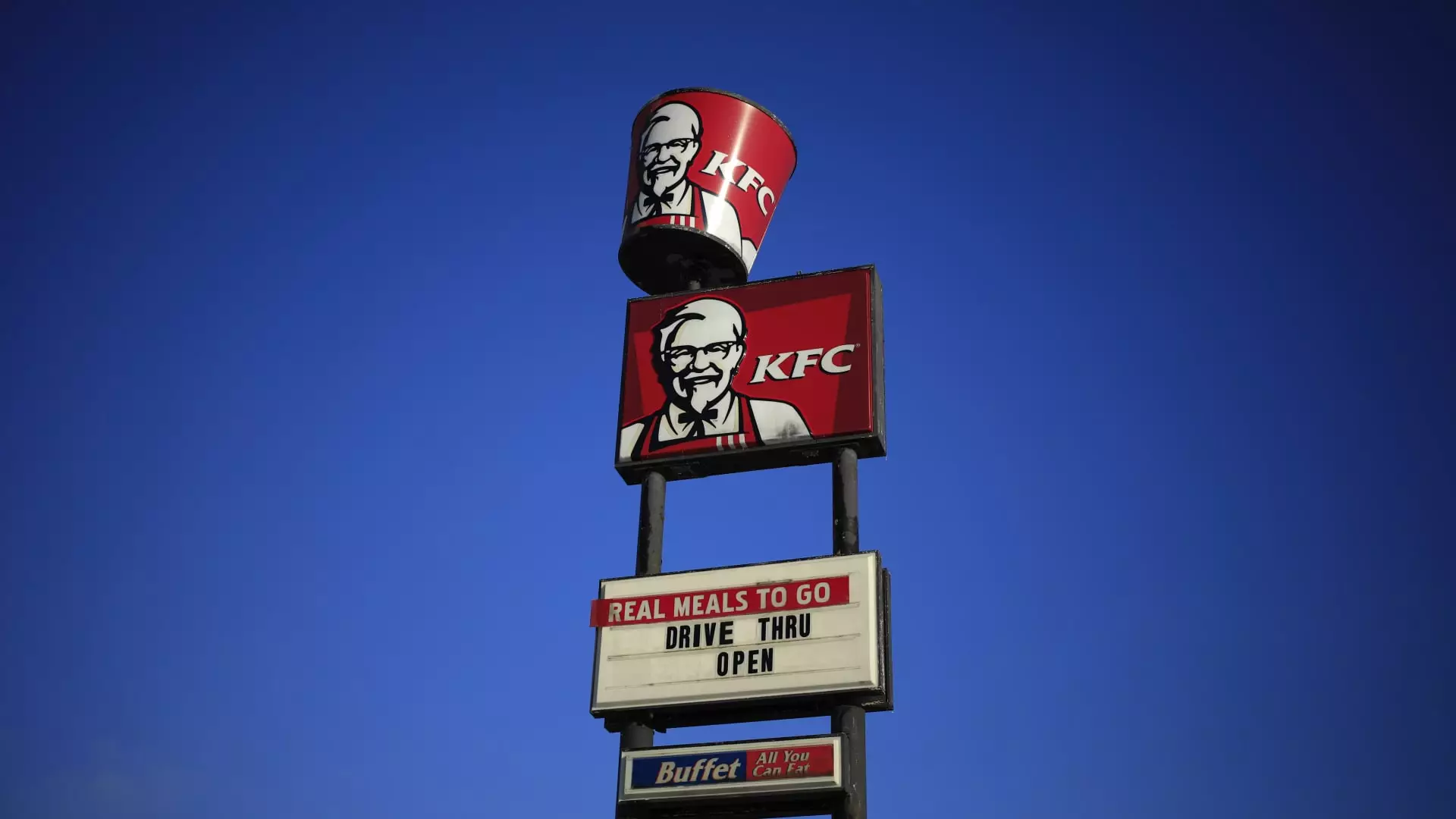In a significant corporate maneuver, KFC has announced the upcoming relocation of its U.S. headquarters from the heart of Louisville, Kentucky, to Plano, Texas. This move, revealed by Yum Brands, is expected to affect approximately 100 employees who will need to transition to the new location within a six-month timeframe. Underlying this shift is Yum Brands’ larger strategy to establish dual corporate headquarters, one in Plano and the other in Irvine, California, a plan that reflects the evolving dynamics of the fast-food industry and corporate operations.
The strategic decision to move KFC’s headquarters comes as part of Yum Brands’ broader vision to bring its various restaurant chains under efficient operational frameworks. Already, the global teams for KFC and Pizza Hut are based in Plano, while Taco Bell and the Habit Burger & Grill operate out of Irvine. The consolidation of operations not only aims to streamline decision-making processes but also to leverage Texas’ favorable business conditions, which have increasingly attracted corporations seeking more advantageous tax environments and operational flexibility.
While this relocation signifies a shift away from its original roots, Yum Brands has assured that Kentucky will not be completely left behind. The company plans to retain a corporate presence in Louisville through the KFC Foundation and intends to construct a flagship restaurant in the city. This aspect underscores an ongoing commitment to its historical ties and customer base in Kentucky, even as it embraces opportunities in bustling Texas.
The move is reflective of a broader trend that has emerged in the wake of the COVID-19 pandemic, where many companies have reassessed their operational locations and workforce arrangements. The pandemic catalyzed significant changes in working environments; hybrid and remote work models have become commonplace, leading businesses to find locations that better suit their evolving needs. Texas, characterized by its pro-business policies, has emerged as a hotbed for corporate relocations, a sentiment echoed in a recent report by CBRE citing the state as a favored choice for businesses looking to migrate.
This trend is not isolated to KFC. In 2020, another major player in the fast-food sector, Papa John’s, made a similar decision to relocate its headquarters from Louisville to Atlanta. However, unlike Yum Brands, Papa John’s later scrapped plans to sell its old headquarters, opting instead to retain it as a hub for employees who chose to remain in Kentucky. This emphasizes the significant impact relocations can have on employee dynamics and corporate sentiment.
As KFC embarks on this new chapter, the implications extend beyond logistics; they encapsulate significant strategic thinking aimed at optimizing operations and adapting to the new paradigms of corporate existence. While the shift marks a pivotal change in KFC’s historical narrative, the company’s commitment to its roots and the local community remains intact. Looking forward, how KFC navigates this transition will be crucial in maintaining its legacy while positioning itself to thrive in an ever-evolving industry landscape. The balance of innovation and tradition will define not just KFC’s future, but potentially that of other legacy brands in similar situations.

